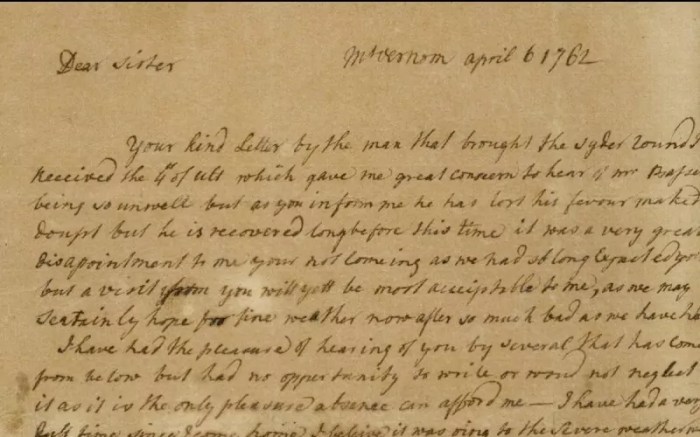Dear america letters home from vietnam worksheet answers – Unveiling the profound significance of “Dear America: Letters Home from Vietnam,” this in-depth exploration delves into the poignant narratives and historical impact of these wartime correspondences. Through meticulous analysis and engaging insights, we embark on a journey that illuminates the complexities of the Vietnam War and its lasting legacy.
The letters, a testament to the human experience amidst conflict, provide invaluable insights into the soldiers’ innermost thoughts, emotions, and experiences. Their words, both heart-wrenching and inspiring, offer a unique perspective on the war’s profound impact on individuals and society as a whole.
1. Historical Context: Dear America Letters Home From Vietnam Worksheet Answers

The “Dear America: Letters Home from Vietnam” project was a groundbreaking effort to collect and publish letters written by American soldiers during the Vietnam War. These letters provide a firsthand account of the experiences, emotions, and challenges faced by the troops on the ground.
They offer a unique and deeply personal perspective on one of the most divisive and controversial conflicts in American history.
The Vietnam War had a profound impact on American society. The conflict divided the nation and sparked widespread protests and anti-war sentiment. The “Dear America” letters played a significant role in shaping public opinion about the war, providing a glimpse into the realities of combat and the human toll it took.
2. Content Analysis

Main Themes and Perspectives, Dear america letters home from vietnam worksheet answers
The letters in the “Dear America” collection cover a wide range of themes, including:
- The horrors and brutality of war
- The camaraderie and bonds formed between soldiers
- The challenges of living in a foreign and often hostile environment
- The impact of the war on the soldiers’ families and loved ones
- The soldiers’ hopes and dreams for the future
Common Experiences, Emotions, and Challenges
The letters reveal that the soldiers faced a number of common experiences, emotions, and challenges, including:
- Fear and anxiety about combat
- Loneliness and isolation
- Boredom and frustration
- Guilt and shame over the killing of civilians
- A sense of disillusionment and betrayal
Role in Shaping Public Opinion
The “Dear America” letters played a significant role in shaping public opinion about the Vietnam War. They provided a firsthand account of the realities of combat and the human toll it took. The letters helped to dispel the government’s propaganda and showed the American people the true cost of war.
3. Literary Techniques

The soldiers who wrote the “Dear America” letters used a variety of literary techniques to convey their experiences and emotions. These techniques include:
- Imagery: The soldiers used vivid and often graphic imagery to describe the horrors of war.
- Metaphor: The soldiers used metaphors to compare their experiences to other familiar objects or events.
- Symbolism: The soldiers used symbols to represent their hopes, dreams, and fears.
Imagery
The soldiers in the “Dear America” collection used vivid and often graphic imagery to describe the horrors of war. They wrote about the sights, sounds, and smells of combat in a way that is both visceral and unforgettable.
Essential Questionnaire
What is the significance of the “Dear America: Letters Home from Vietnam” project?
The “Dear America” project preserves and shares the personal letters of American soldiers who served in the Vietnam War. These letters offer invaluable firsthand accounts of the soldiers’ experiences, emotions, and perspectives, providing a unique and poignant glimpse into the realities of the war.
How did the Vietnam War impact American society?
The Vietnam War had a profound impact on American society, both during and after the conflict. The war divided the nation, sparked widespread protests, and led to a loss of trust in government and institutions. The war also had a significant impact on the civil rights movement and the counterculture of the 1960s.